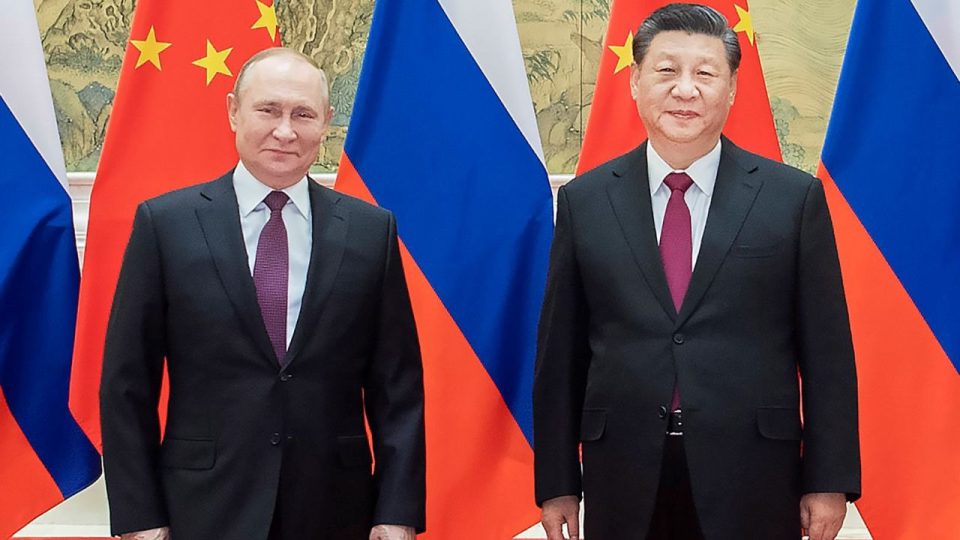In recent days, both China and Russia have taken more assertive positions regarding the Gaza conflict, causing increased tensions in the geopolitical landscape. This highlights a growing divide between these historically Cold War-era allies and Western powers such as the US, UK, and France. The ongoing Israel-Hamas conflict has led to these developments.
Over the weekend, the Chinese foreign minister expressed concerns that Israel’s military actions in Gaza were going beyond self-defense and called for an end to what was perceived as collective punishment of Gaza’s residents. Similarly, Russian President Vladimir Putin drew a controversial comparison between the intensified Gaza blockade by Israel and the wartime siege of Leningrad by German forces during World War II, which could be seen as offensive to Israel.
Both China and the USSR maintained support for the Palestinian cause during the Cold War. Presently, China and Russia are trying to strike a balance between strengthening ties with Israel and pursuing broader diplomatic strategies to build alliances in the Arab world. Russia is seeking support for its ongoing conflict in Ukraine, while China is aiming to create a broader coalition of developing nations to increase its global influence and compete with the US on a global scale.
Analysts suggest that China may be trying to address concerns in the Islamic and Arab regions regarding its treatment of the Uyghur Muslim ethnic group in Xinjiang, which is essential as the Middle East plays a significant role in China’s oil supply and President Xi Jinping’s Belt and Road Initiative.
As the conflict began, Chinese media criticized Israel and attributed blame to the United States. Additionally, there has been an increase in antisemitic content on China’s closely monitored internet.
Russian officials claim that Moscow can mediate in the conflict due to its diplomatic relations with various parties involved, including Israel, the Palestinians, groups like Hamas and Hezbollah, Iran, and major Arab nations. They have been quick to attribute blame for the conflict to the United States.
Other major developing powers, like India, are facing complex diplomatic decisions. India has historically prioritized a global fight against terrorism in its foreign policy and strengthened ties with Israel in recent years. However, India has also cultivated relationships with key players in the Arab world, like the United Arab Emirates and Saudi Arabia, which it is unwilling to jeopardize. Indian officials are deeply concerned about any further escalation of the conflict.

